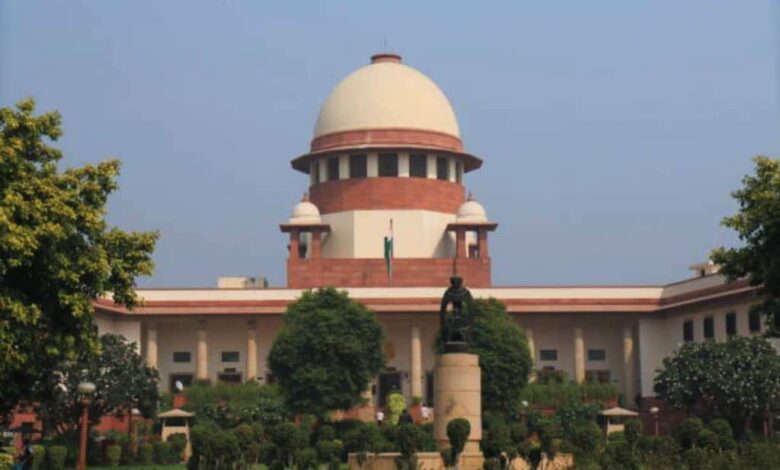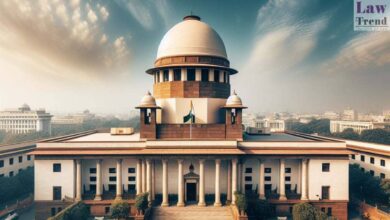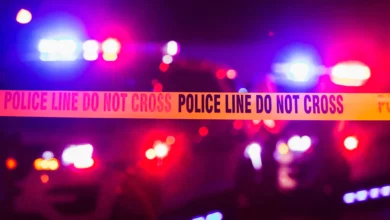
The Supreme Court today noted that public safety was more important, and every religious structure that interfered with roads, water bodies, or railway tracks would have to be demolished. It also said that India was a secular country, and its orders on anti-encroachment actions shall apply uniformly to every citizen irrespective of their religious identity.
The comments were made during the hearing of a bench headed by Justice B.R. Gavai and Justice K.V. Viswanathan, who were hearing petitions against the use of bulldozers on accused criminals. This controversial practice, called “bulldozer justice,” has gained significant currency in many states. State authorities have earlier said that only illegal structures were demolished in these cases.
Solicitor General Tushar Mehta appeared for Uttar Pradesh, Gujarat, and Madhya Pradesh. On whether being accused of a crime could justify bulldozer action, Mehta explained, “No, absolutely not, not even for serious offenses like rape or terrorism.” As to the procedure to be followed, he clarified that notice must be given before the demolitions according to municipal laws, suggesting that notice should be issued by registered post.
The bench said that the law needs to be uniform between municipal corporations and panchayats and added that an online portal should be utilized to keep the public informed and maintain records.
Mehta said the directions could give the perception that the court was trying to target a particular community. “Public safety is paramount. Any religious structure blocking a public road, whether it is a gurudwara, dargah, or temple, has to go,” the bench explained. Justice Gavai said that there should be only one law over unauthorized constructions, and that should be irrespective of religion or faith.
In the hearing, Senior Advocate Vrinda Grover appeared for the UN Rapporteur on issues related to housing availability. He faced opposition from Mehta:
“We don’t need international agencies to intervene. Our constitutional courts are robust enough.”
Senior Advocate C.U. Singh, appearing for one of the petitioners, contended that bulldozer action against miscreants cannot be issued. Mehta said that such incidents against minorities would be “far and few between,” the bench replied, pointing out that there were a sizeable number of demolitions-4.45 lakh.
The court ruled that charges could not be the basis for property demolition; they could only occur when civic rule is violated. A temporary stay on demolitions carried out without the court’s permission has been extended.



